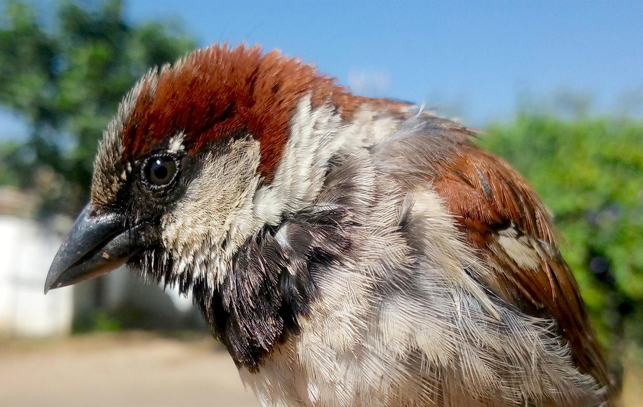Mosquito feeding preferences determine host–vector contact rates and represent a key factor in the transmission of vector-borne pathogens. The semiochemical compounds of which vertebrate odours are composed probably play a role in mosquito host choice. Birds spread secretions from uropygial gland over their feathers to protect their plumage, comprising behaviour that may in turn affect odour profiles. Although uropygial secretions are expected to modify the attractiveness of birds to mosquitoes, contradictory findings have been reported. Mosquito species differ in their feeding preferences, with some species feeding mainly on birds (ornithophilic species) and others on mammals (mammophilic species). Consequently, it is possible that ornithophilic and mammophilic species differ in their response to uropygial gland secretions. Using a dual-choice olfactometer, the present study tests this hypothesis by comparing the behavioural response to uropygial gland secretions from juvenile male and female house sparrows (Passer domesticus) in the ornithophilic Culex pipiens and the mammophilic Aedes (Ochlerotatus) caspius mosquitoes. No differences were found in the response of either mosquito species to the uropygial gland secretions. Therefore, the preference of ornithophilic mosquitoes for avian hosts is apparently not explained by a greater attraction of mosquitoes to the uropygial gland secretion odour when presented in combination with a CO2-enriched airflow and other, probably additional, factors must be at stake. informacion[at]ebd.csic.es: Díez-Fernández et al (2019) House sparrow uropygial gland secretions do not attract ornithophilic nor mammophilic mosquitoes. Med Vet Entomology DOI 10.1111/mve.12401
https://onlinelibrary.wiley.com/doi/full/10.1111/mve.12401

 Las altas temperaturas están provocando que las lagunas y las marismas de Doñana pierdan agua rápidamente
Las altas temperaturas están provocando que las lagunas y las marismas de Doñana pierdan agua rápidamente




